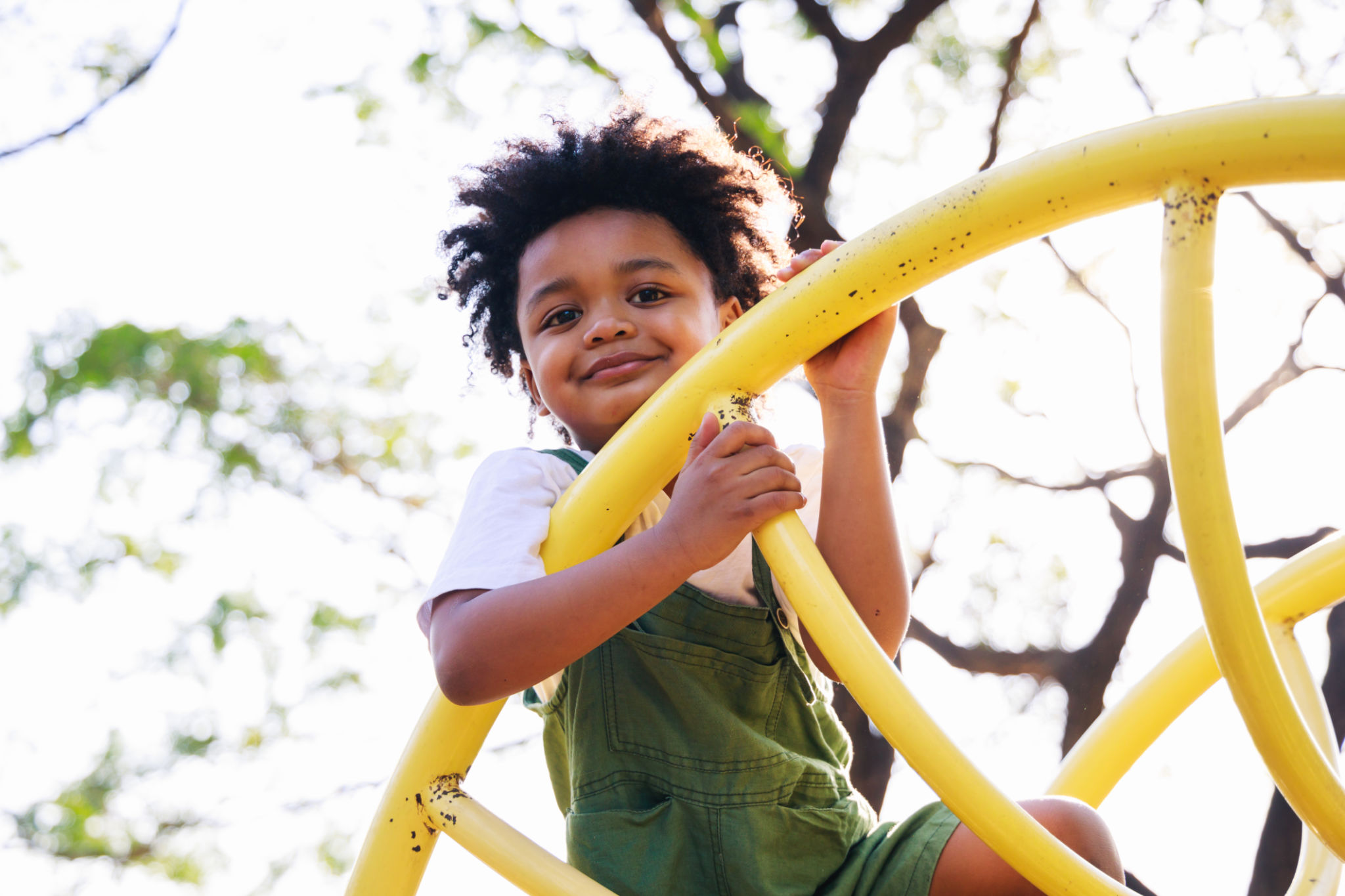How to Prepare Your Child for Preschool: Tips from Early Education Experts
Understanding the Transition to Preschool
Starting preschool is a significant milestone in your child's life, marking the beginning of their formal education journey. For many parents, this transition can be both exciting and daunting. By preparing your child effectively, you can help make this transition smooth and enjoyable. Early education experts emphasize the importance of familiarizing your child with what to expect in preschool.
One way to ease this transition is by discussing preschool routines with your child. Explain the daily schedule, including playtime, snack time, and nap time. This familiarity will help reduce anxiety and build excitement. Additionally, visiting the preschool beforehand can be beneficial, allowing your child to explore the environment and meet their teachers.

Encouraging Independence
Independence is a crucial skill for preschool readiness. Encouraging your child to perform simple tasks on their own can boost their confidence. Activities such as dressing themselves, using the bathroom independently, and cleaning up after playtime are great starting points.
Experts suggest creating a consistent routine at home that mimics the preschool schedule. This helps your child develop a sense of independence and responsibility. It’s important to be patient and offer guidance when necessary, while still allowing your child to attempt tasks on their own.
Developing Social Skills
Social interaction is a vital component of preschool education. Helping your child develop these skills before they start can make the transition smoother. Arrange playdates with peers to practice sharing, taking turns, and communicating effectively. These experiences can help your child feel more comfortable in a group setting.

Role-playing is another effective strategy. Pretend-play scenarios, such as being in a classroom or on a playground, enable children to practice social interactions. Encourage your child to express their feelings and thoughts during these activities to enhance their communication skills.
Building Emotional Preparedness
Emotional readiness is as important as academic preparedness when starting preschool. Teach your child how to identify and manage their emotions by using simple language to describe feelings. Books about emotions can be particularly helpful in expanding their understanding of different feelings.
Establishing a goodbye routine can also be comforting for your child. Whether it’s a special hug or a unique handshake, having a consistent farewell ritual can help reassure them when it's time for you to leave.

Fostering a Love for Learning
Instilling a love for learning early on can greatly benefit your child's preschool experience. Engage in activities that promote curiosity and exploration, such as reading books together, exploring nature, or engaging in creative arts and crafts.
Experts suggest introducing basic concepts like colors, numbers, and letters in a fun and interactive way. This not only prepares them academically but also makes learning an enjoyable experience.
Conclusion: Setting the Stage for Success
Preparing your child for preschool involves a combination of building independence, fostering social skills, emotional readiness, and encouraging a love for learning. By taking these steps, you'll help create a positive and enriching preschool experience for your child.
Remember that every child is unique, and the transition to preschool will vary from one child to another. With patience, understanding, and support, you can set the stage for a successful start to your child's educational journey.